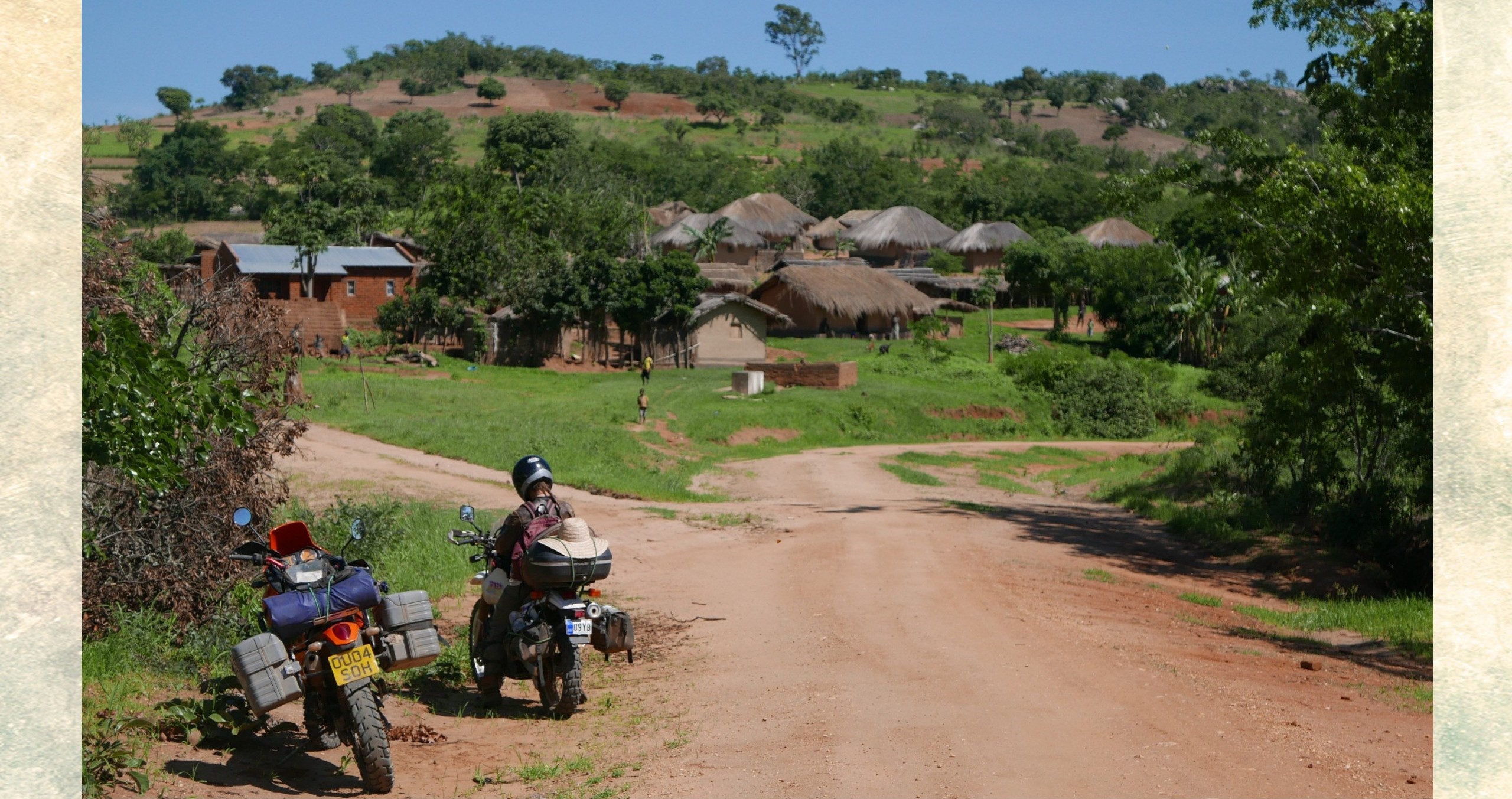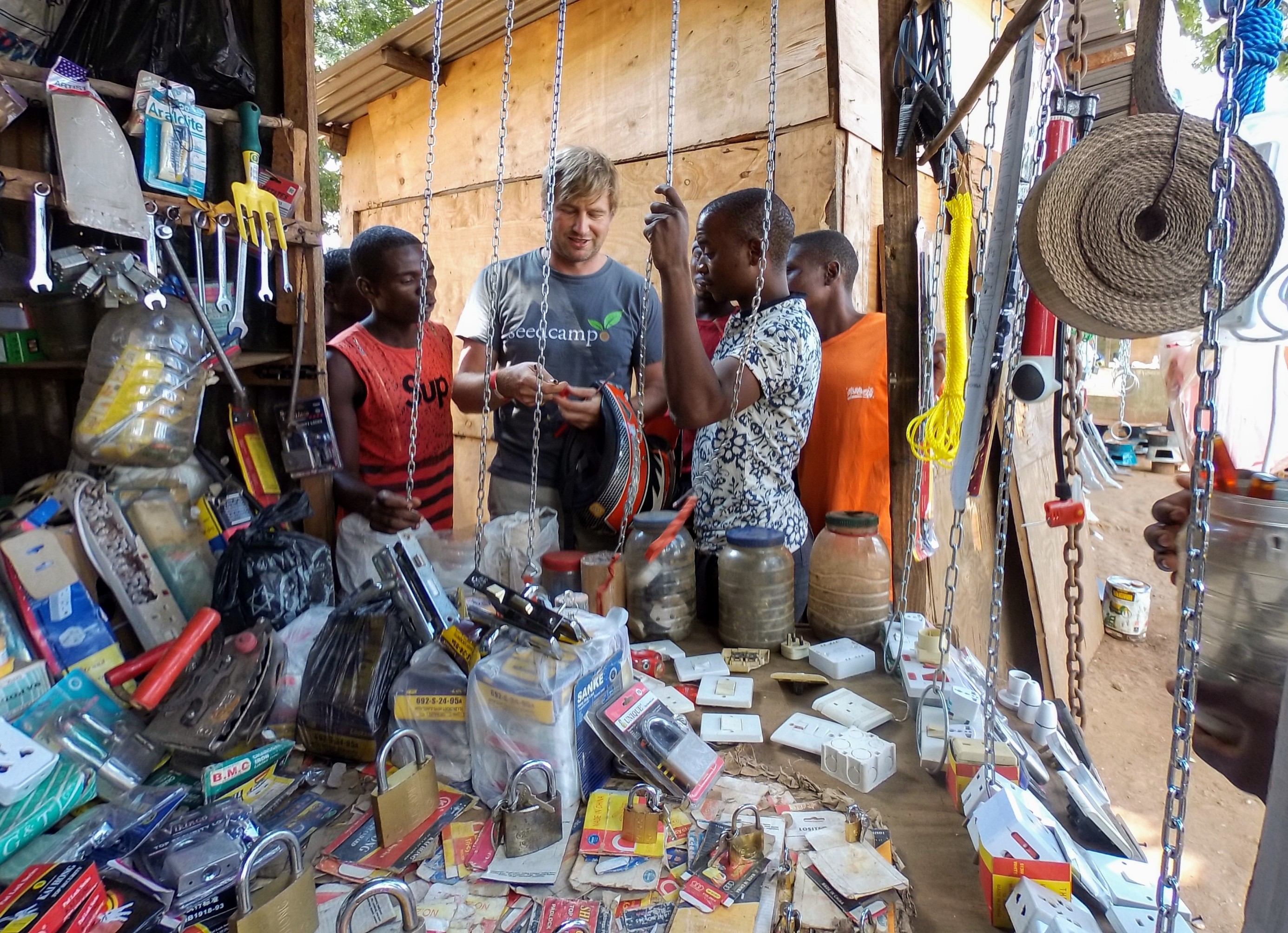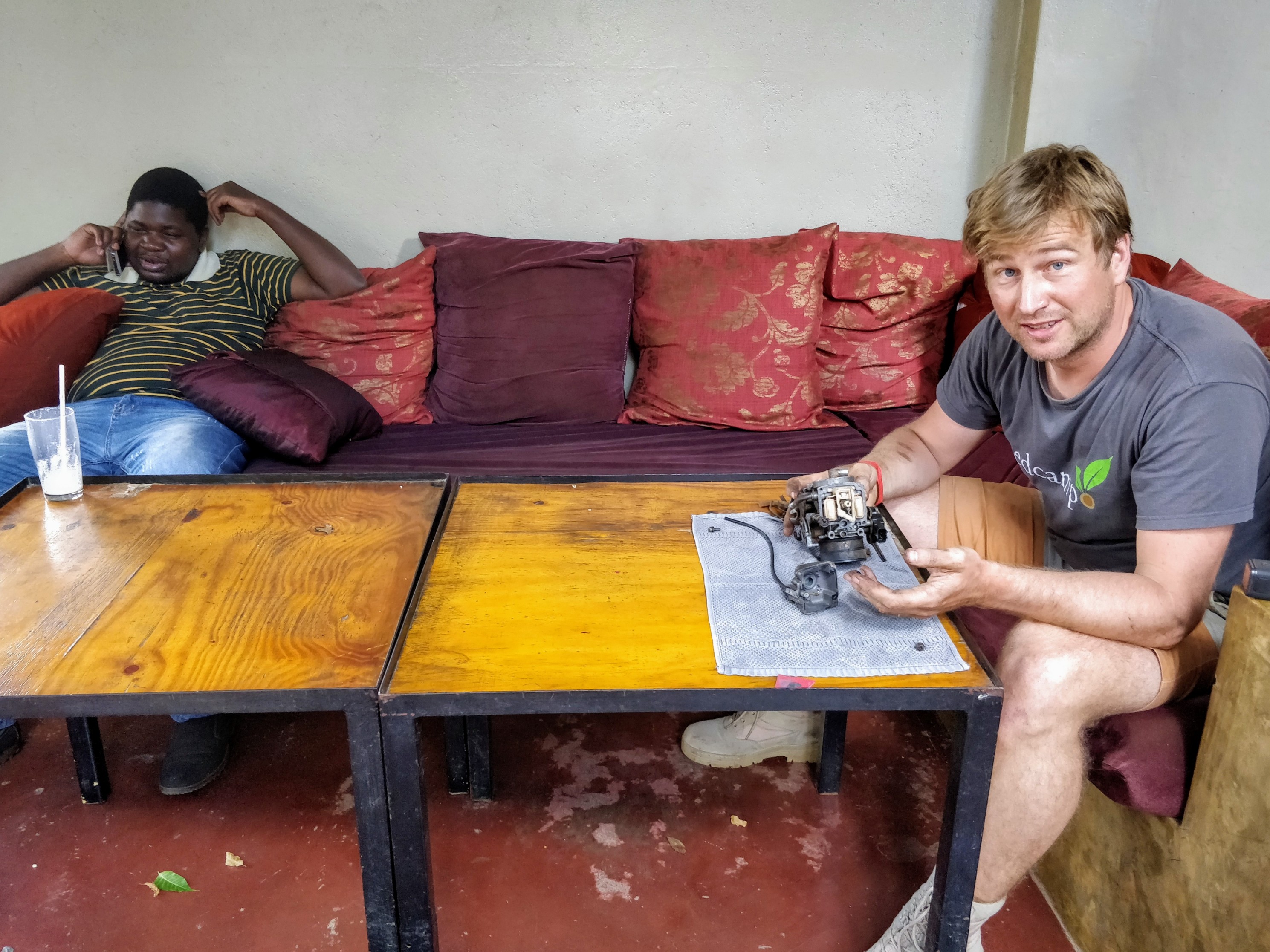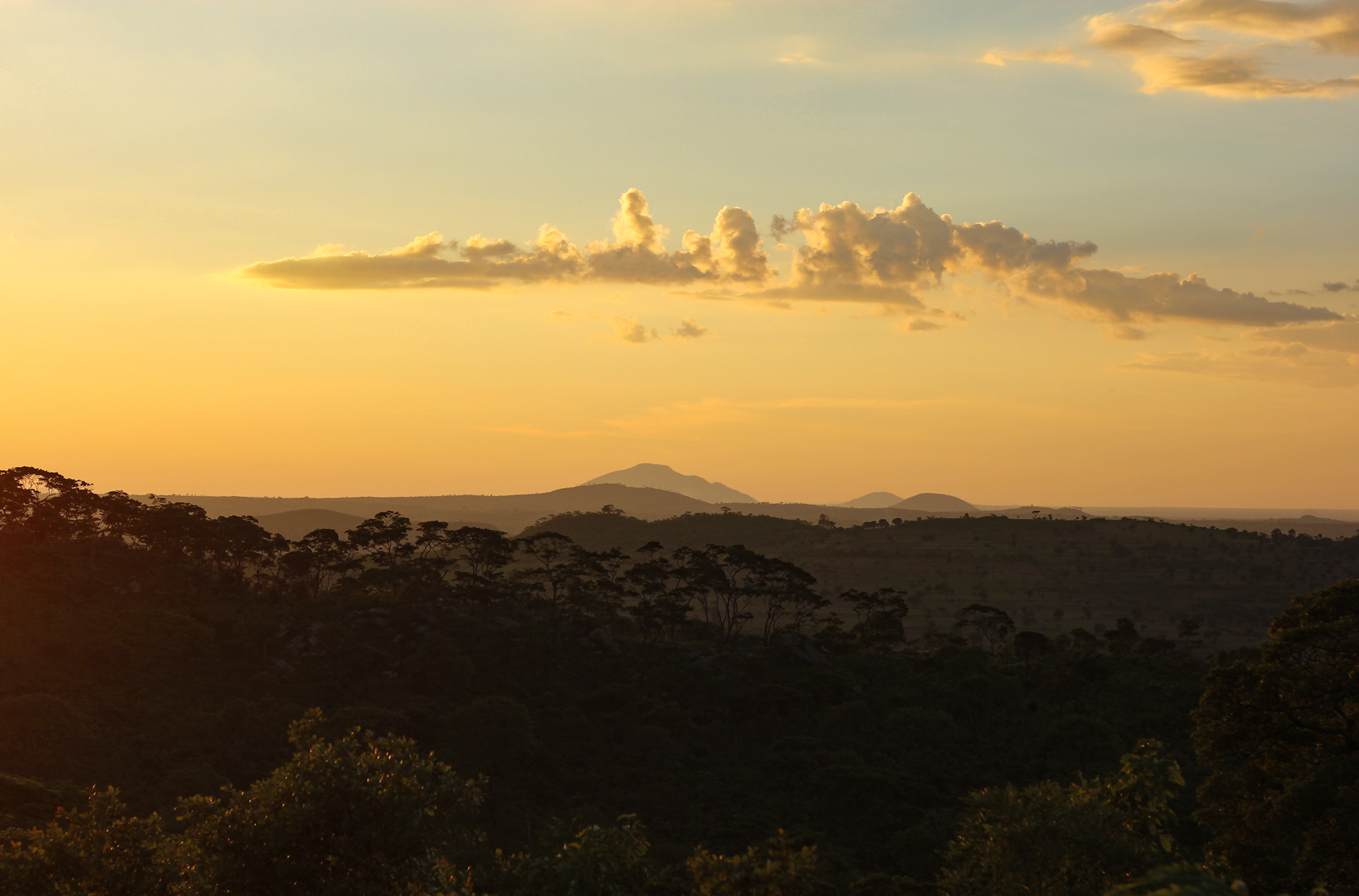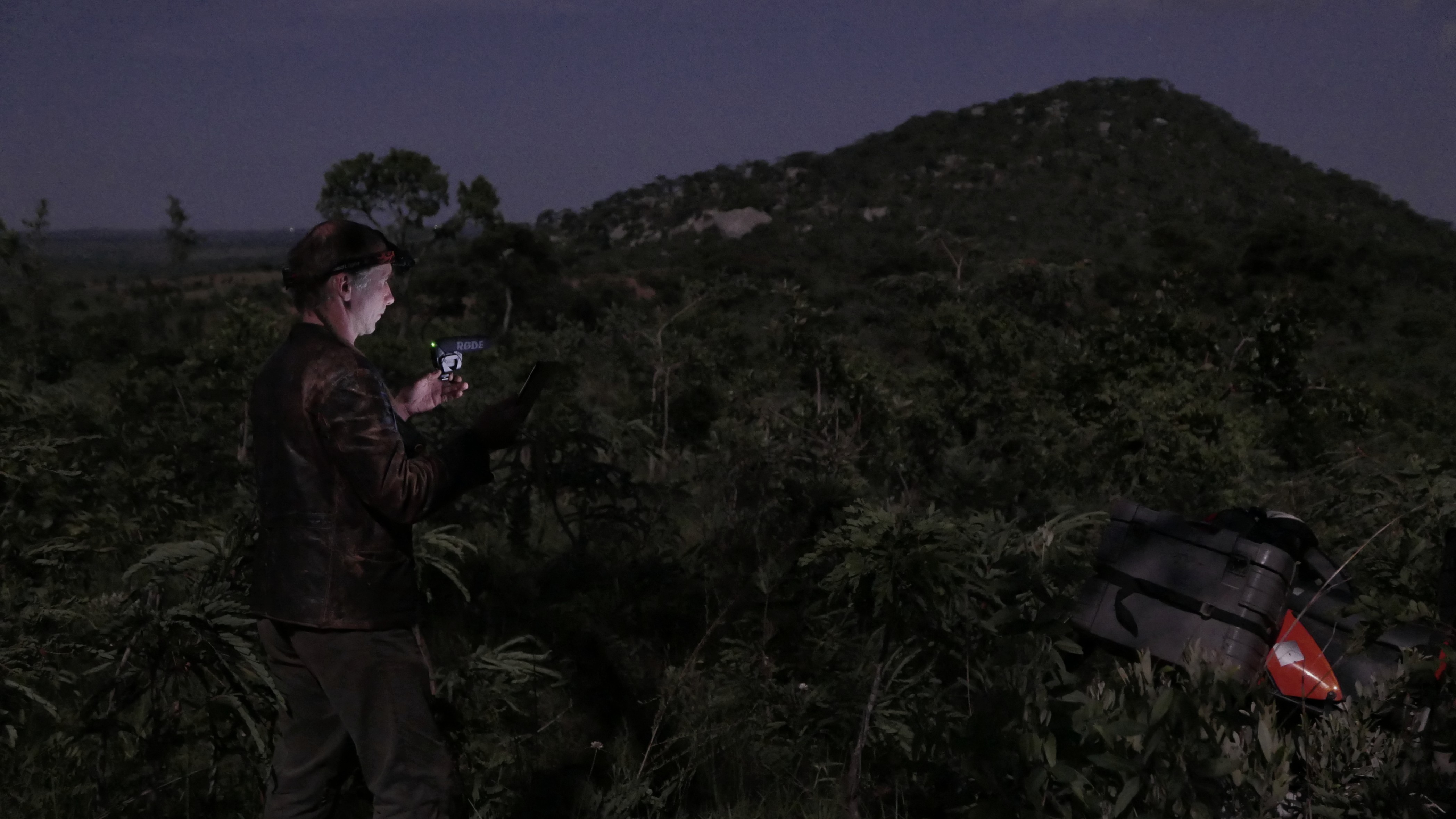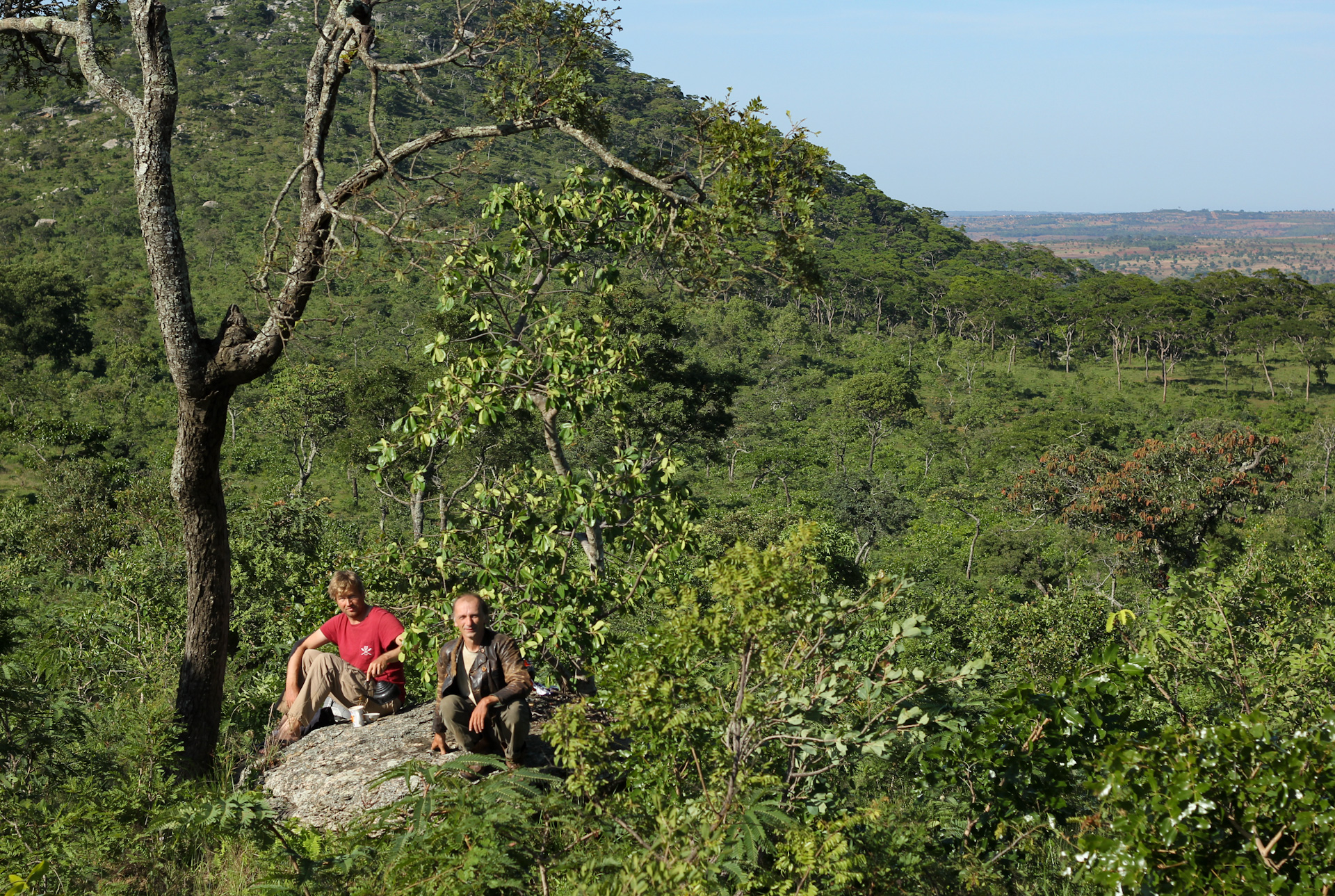Through the dust of the road we can see a crowd of people gathered around the gates to a compound. We have arrived at M1 Centre Point. I have no idea what it is – a bar, a club, a venue – but certainly something exciting enough for lots of people hustling to get in. Every little while the gate is opened and a car is let in. Next time the gate opens we squeeze through with the car, waving to the security as if they should have expected us. The party had already started.
We met Betty and her friend in Lusaka, they were Congolese from Lumumbashi, but living in Lilongwe. They weren’t getting back before the 2nd of Jan, but she did some research for us about how the Malawis are planning to send off the year. This brought us to this amazing place with already 1000 others ahead of us. African reggea band was on the big stage, dancefloor was pretty packed already. We were clearly the two drops of milk in a big bottle of coke. Juka quickly finds a friend, who explains what’s going on. The dude on stage is Paul Banda, the older brother of today’s head act Lucius Banda, a.k.a the Soldier. The younger brother is the superstar, but the older one playing is the guitar grandmaster of Malawi, the teacher of lesser teachers. The Malawi pop music lives somewhere on the spectrum of reggea and soft hip-hop. Here’s another classic music video.
As we acclimatised and attempted to blend in then one thing got clear, this audience has ridiculour amounts of energy. Surely $1 bottles of Carlsberg help, but it is not just booze. They aren’t there to hang out or be entertainer, they were there for the music and the singing. You could barely hear the band as the audience was roaring along, seemingly knowing the lyrics of every song. Curiously, no-one is clapping when a song finishes – just whistling, shouting, howling.
Everyone sings “we praise the lord” in chorus. 2018 arrives.
We loiter for another hour and start to head off. There are people still trying to get in, some people have had too much Carlsberg, but just as what you’d expect at the European festivals. What I didn’t expect was a group of girls running around topless in the car park. But we didn’t stay to find out where their night took them.
Getting into Malawi was easy. 75 usd for the visa, 20 usd for road access fee and 15 usd temporary import permit. Nice civilised crossing, but no electricity and no can make import permits. We have time and we wait, but a group of Turkish teachers didn’t have time. They went and fixed the generator, so the border post could start working again.
I had been poking Juka about why he bought 3rd party international insurance for Suuzi, which isn’t valid in any of the countries we’re planning to visit. Soon after the border we get the first checkpoint – “your insurance please”. No drivers license, no passport or bike docs – they just ask for insurance. I take out my expired Gabon insurance, Juka shows his “international”. Sadly they read it and it isn’t hard to work out neither of them are valid. This doesn’t stop us from arguing that they are. Eventually we agree that we should probably get the Malawi insurance too. We convince them we really don’t want to pay a fine and are allowed to continue.
Before we get to Lilongwe we hit 4 more checkpoints, where in each we have to wear out the police so they let us on. In the last checkpoint I’m so fed up that in the confusion with a truck in front of us I just ignore their signalling to pull over.
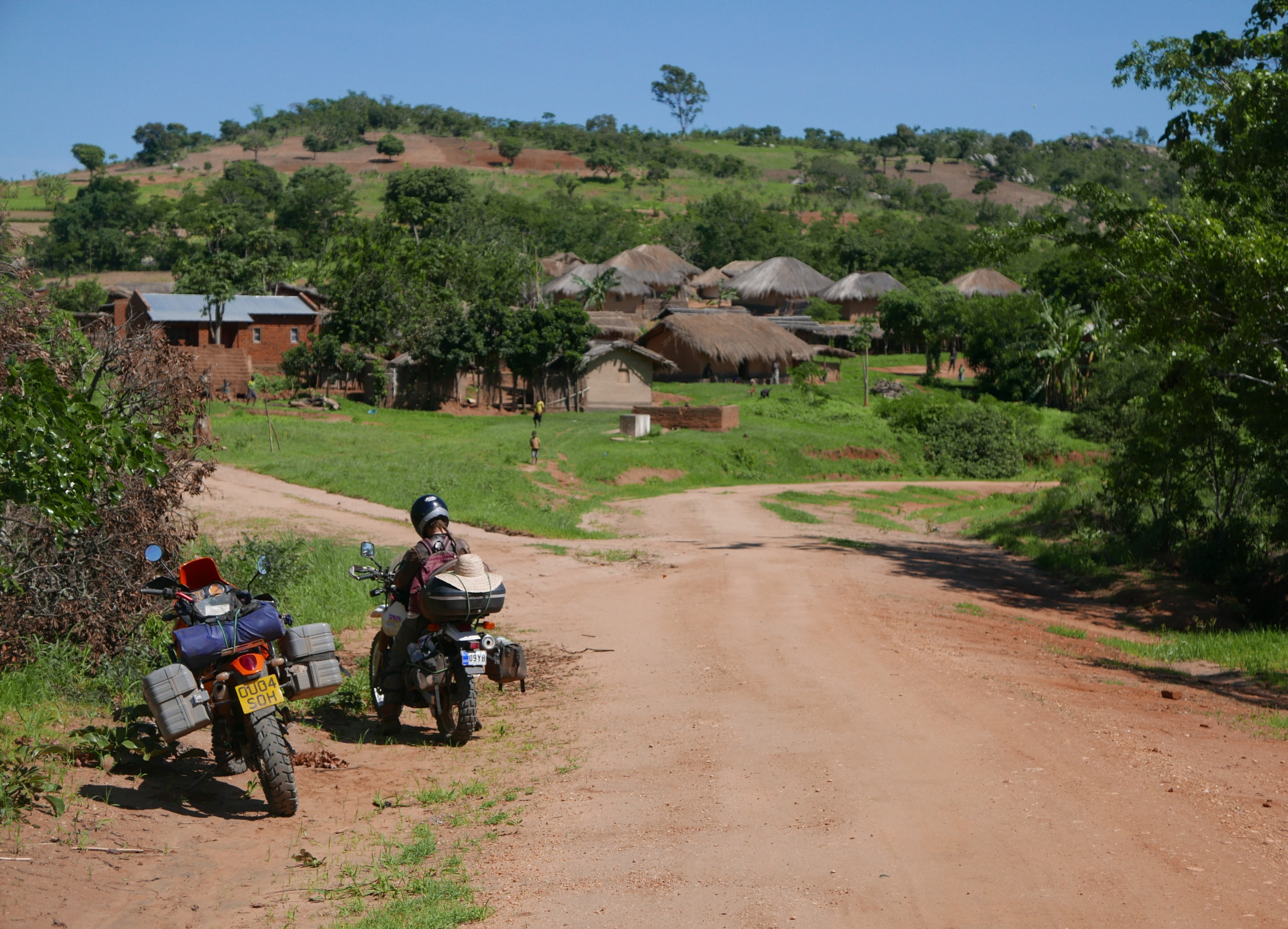
There are always some changes when you cross the border. The most striking one between Zambia and Malawi was that in the Zambian villages all houses (huts) were round, while in Malawi every single house is rectangular. Fascinating how the random borders drawn up by British colonialists have had that effect on modern architecture. Ethincally the eastern Zambians are the same Nyasa people as the southern Malawis and they speak the same language. Malawi is also significantly more densely populated. No bush, no space between little farm plots as far as eye can see.
In the first morning of the new year I wake up at the guest house in Lilongwe and have a feeling that I’ve had enough. I’ve had enough of this teasing and wrestling with Kotilda at low revs. She is now 14 years old, time to stop being a fussy teenager. I can get through another 1000km easily just forcing her to go, but it is not a pleasure to ride. I’ve determined that the mechanic was wrong and the issue is in the carburettor. I explain the symptoms on the “thumpertalk” forum, where folks who enjoy this stuff gather. A few hours later they have agreed on the diagnosis – my “float weight” is wrong or the “float valve” is gone. These terms don’t mean anything to me, but with some more googling I start getting the idea. I need to take out the carburettor and open it up.
There are no mechanic shops open on the 1st of Jan and I don’t have another day to waste. So I’m going to do it right there, on the hotel driveway. But first I need to go to the market to buy some second hand tools. One dude was selling me hard on the screwdriver “Two hundridi kwacha. It not Chinese, it strong. It is from Russia!”
Five hours later Kotilda is back together. It starts and runs like a charming young teenager with all A-s on the report card. My own sense of achievement is immense. It is by far the most serious mechanical adventure I’ve taken on my own, without any assistance.
We’re rewarded with a perfect campsite for the evening. The great african lakes, including Lake Malawi have been created by a rift in the African continent, where the Somalian plate is moving away 7cm per year from the rest of nubian Africa. The ground has fallen in over time to create the big lakes and little rolling hills on the side. We set up camp on top of one such hill in amazing African sunset with drums beating away in the nearby village.
The drums and singing were loud enough, so that Juka got his big microphone out. It is called Fred Jussi and the Estonians would know why. The drums were loud but the nature was louder.
